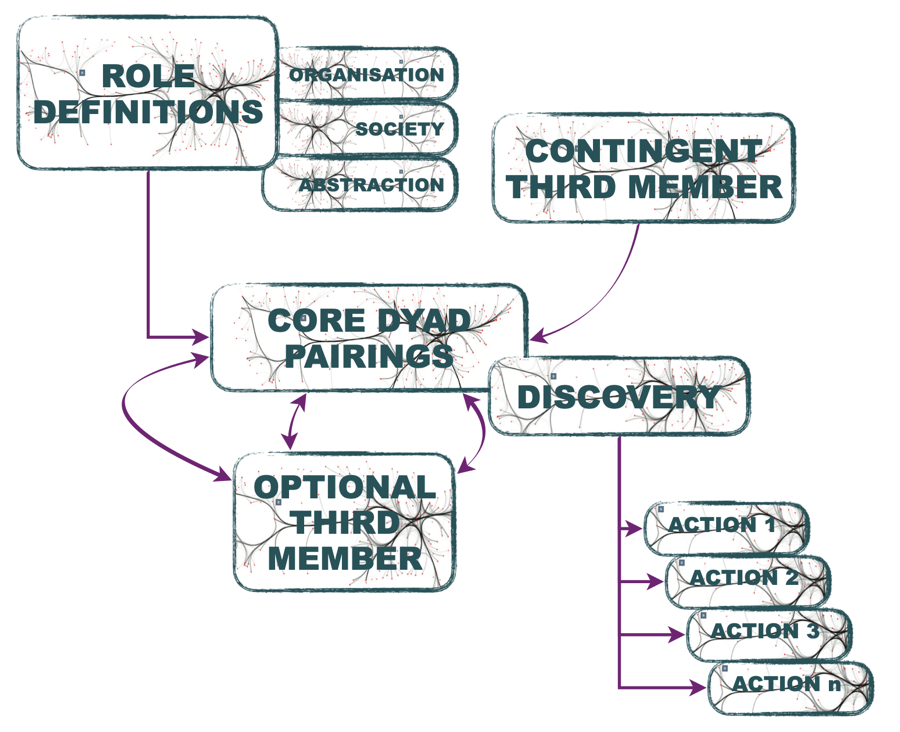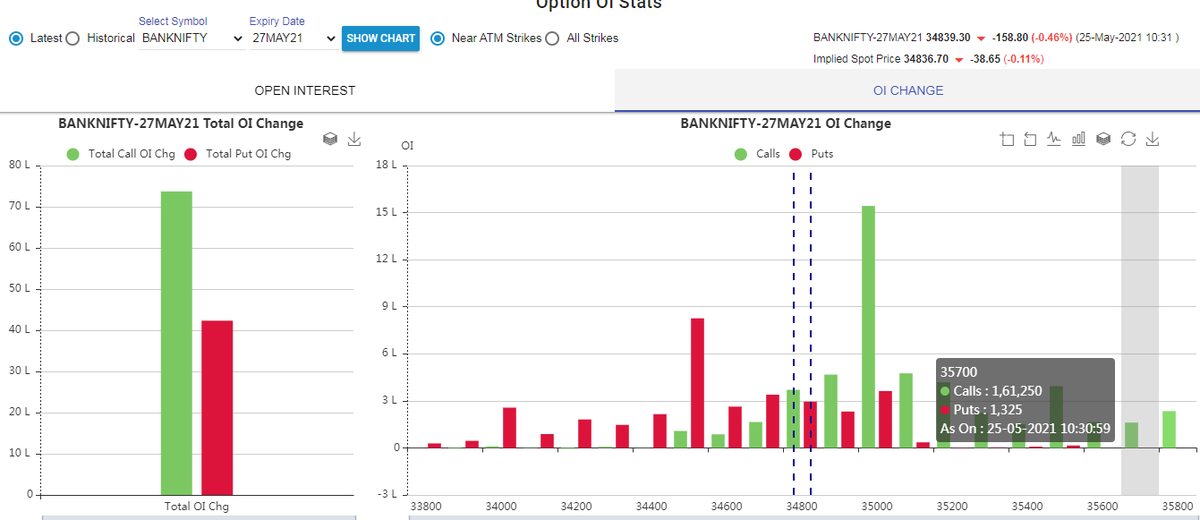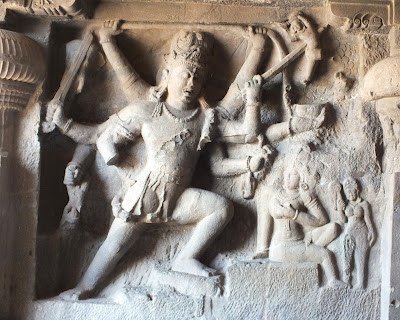Does school-based sport have a place? Of course! For some, school sport will be a way of becoming entangled in the lives of others in ways which will lead to a pastime becoming a valued, stabilising influence throughout life. That's awesome! #becausehuman
https://t.co/Ti6GEWJIF8
But as
@ImSporticus notes, it's not "sport" that has the impact. That's down to "good people intentionally designing positive experiences through sport" - which is not the same thing!
Ideal: those involved co-creating the positive experiences! #ownership
https://t.co/WOMLG5Y83a
Talk of glue, shared interests & civic pride doesn't get us far. Public debate needs to start with a richer & more nuanced appreciation of aspiration & of wayfinding... & if we want "fewer stories like this" & "more stories like that" we need local sense-making & mapping 🗺️
Yes, established pathways to finding meaning in movement are a lot more accessible / inviting for some than for others... & that's a tough area... but we're already way, WAY beyond prescribing "a more robust framework of expectations for school sport" 👇
https://t.co/URdj6gSckk
Even those of us who love sport should recognise that "[...] if this trend towards the sportisation of physical education continues there is a danger that the unique identity & individuality of educational purpose for physical education may be affected" 👇
https://t.co/VJmWstx30S
Schools figure in strategic level discussion NGBs... but that's overwhelmingly structured around either scope for increasing participation or feeds for talent pathway systems. Do we even get discussion of intra-NGB (cross-sport) collaboration around school/community priorties? 🤔
We've got people in NGBs & other bodies (e.g.
@Sport_England, @_UKCoaching) who are clued in... but they're mostly operating with school PE as a pretty marginal part of their brief... & hugely removed from the discussions taking place around
@meaningfulPE, @MeaningfulSport, etc.
Are PE-based social learning spaces really central to the working lives of those with relevant roles within NGBs & Sport? Or are key players more likely to be in educationally-peripheral intra-sport spaces or coaching-spaces? Where does the
@afPE_PE fit in the wider landscape?
Great work IS being done in this space by the likes of
@Greg_Dryer, @HamblinDec &
@ImSporticus at
@CPESA_Kingston (all strangely absent from the CSJ Paper) - but are WE ensuring they're on the radar in our NGBs & in the other places where we could really do with their input? 🤔
What might we do differently for 2021? Maybe building on the momentum of
@tobyjlowe's @SystemsHuman work?
Might we "Help people discover & steer and own their own pathways for a change" with
@BethWatts494, @CharlotWaite, @Jendaffin &
@NewSystemAlly? https://t.co/LrBXWCNowt
Practically, I'd like to pick up on two things for 2021 - the first being the strengthening of the informal networks in the space where this well-meaning CSJ paper falls so woefully short.
Recommended New Year's Resolution reading #1: this
@snowded blog:
https://t.co/Rc49Ed7Lwk
Secondly, if we have aspirations for "improved leadership" in this area, can we go into 2021 committed to a more meaningful discussion about what we might mean?
Recommended New Year's Resolution reading #2: this
@snowded blog (& others since Nov 10th) 🤠
https://t.co/WL2refQwQj
We're in a place which can witness the production (in all seriousness) of "A Level Playing Field: Equalising access to sport and exercise for young people after Covid-19"...
Like it or not, this is where debate is at. How do we move on from here? 🤔
https://t.co/XZmg9V33H9
Does school sport have a place? Yes. Is it "sport" that has the impact? No! Can we move beyond prescribing "a more robust framework of expectations for school sport"? Maybe - but not if we carry on as we are at present!
A few reflections for 2020 action!
https://t.co/joNXnimWCC






























